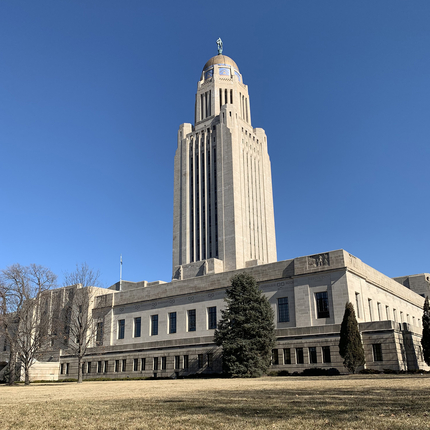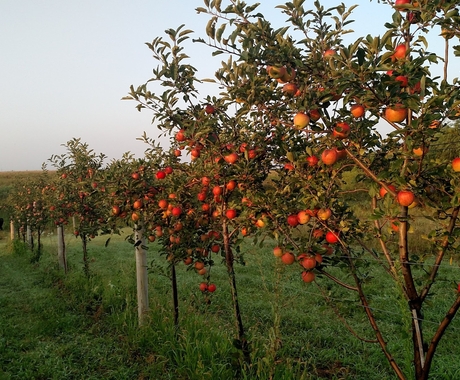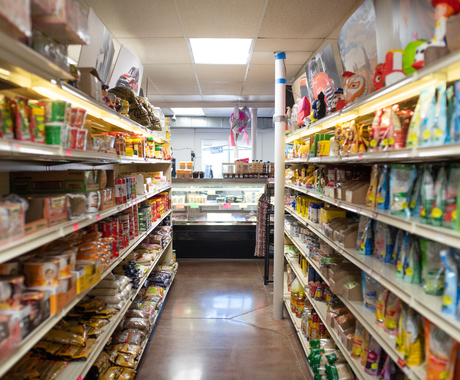Rhea Landholm, communications manager, [email protected] or 402.687.2100 ext. 1025
LINCOLN, NEBRASKA – Mike Boell and Anna Zeleny take a lot of pride in the role the Oakland Meat Processing Plant plays in their community and the surrounding area.
When COVID-19 hit, facilities like theirs saw an influx of new customers as work at larger packing plants in the region slowed or halted. With those customers came new challenges.
On Tuesday, Boell, who owns the plant, and Zeleny joined Center for Rural Affairs Policy Director Johnathan Hladik in Lincoln to testify before the Nebraska Legislature’s Agriculture Committee in support of a bill that would provide much-needed support for producers, processors, and consumers affected by the coronavirus pandemic.
Legislative Bill (LB) 324, introduced by Sen. Tom Brandt, District 32, makes it easier for consumers to buy meat directly from producers or processors. It also creates the Independent Processor Assistance Program, which provides a roadmap for increasing local processing capacity and expanding market access for small producers.
“The coronavirus pandemic has disrupted our food supply,” Brandt said. “Outbreaks have impeded work at many regional packing plants and when these plants reduce line speed, backing up finished livestock on the farm, beef and pork producers turn to local processors to fill the void. This has created a bottleneck at every local meat locker in the state. They simply do not have the capacity or equipment to keep up with demand.”
Zeleny said the bill will not only help their business grow, but also meet the challenges they face, including an increase in consumers who are learning people don’t have to raise their own beef or even know a farmer to get access to a good product.
“We aren’t asking for this bill to pass so we can get our meat over to Walmart,” Zeleny said. “We are asking for this bill to be passed for our small farmers with one or 20 cattle at home in the backyard, or the farmer that butchers beef for his family.”
The bill also assists producers who, before the pandemic, typically scheduled locker dates four to six weeks in advance, but now are facing wait times between 20 and 24 months.
In his testimony, Hladik addressed the section of the bill that allows Nebraska-based livestock producers to make multiple shares of an animal or herd of animals available for consumer purchase in a safe and responsible manner, allowing the consumer to become part owner of the animal under state and federal law and the producer and consumer to do business under the custom exemption established in the Federal Meat Inspection Act.
“What we have now is a food supply emergency that is significantly hurting our direct-to-consumer industry, a lot of our producers, and a lot of our processors,” he said. “So, if you are going to be nimble and you're going to be quick and help address that, custom exempt, we believe is the pivot point. That is the best way we can let private enterprise solve that problem.”
Hladik said the legislation is consistent with state and federal law.
LB 324 is modeled after legislation enacted recently in Wyoming that excludes from regulation meat procured by consumers through animal-share arrangements under Wyoming’s state and federal meat inspection program. Under Nebraska’s bill, the producer must live in the state, register with the Nebraska Department of Agriculture, and document all animal share sales and report them annually to the department.
Boell understands there are questions about safety, but just as larger facilities go through inspection, he said, so does his.
“I feel like we put out a real good product,” he said. “We’ve never had a foodborne illness. I don’t see safety as an issue.”
Hladik said the growth in demand is a tremendous opportunity for processor and producer alike, and the creation of the Independent Processor Assistance Program also offers a solution by making assistance available for expansion, modification, or construction of buildings; efficient packaging, processing, and storage equipment; technology to improve logistics or enable e-commerce; and educational or workforce training programs.
“LB 324 is a chance for the processor to grow their business, creating jobs and activity on Main Street,” he said. “It enables the producer to grow a premium product for a new market, earning more than what the regional packing plants can offer. We simply cannot afford to miss this opportunity.”
The bill also has the support of the Nebraska Cattlemen, Nebraska Pork Producers, Nebraska Farmers Union, Clear Creek Organics, McLean Beef, Nebraska Farm Bureau, and Nebraska Food Council, as well as 19 senators who signed on as co-sponsors.





